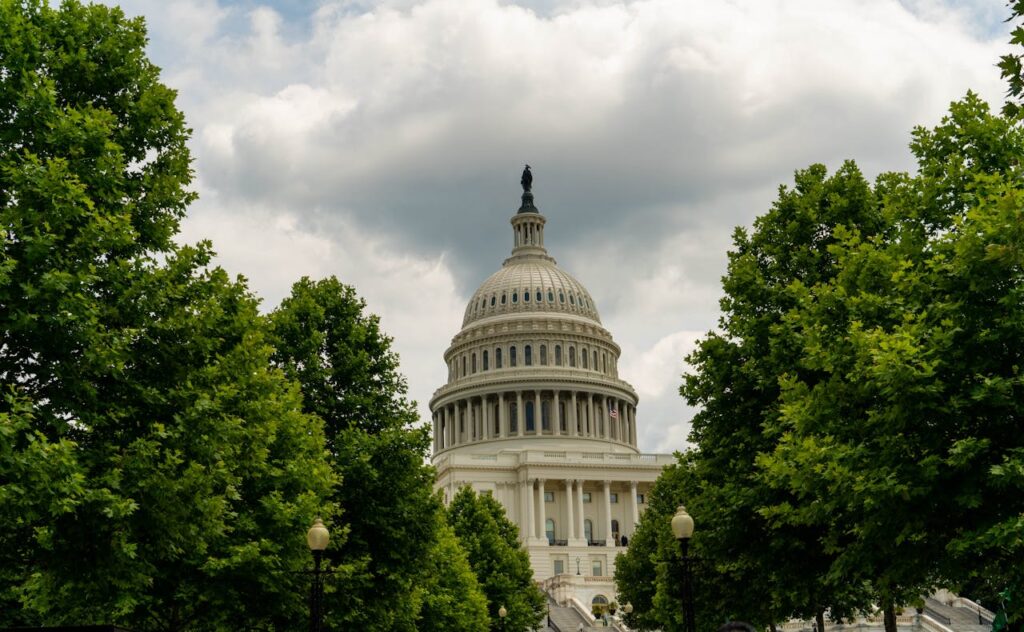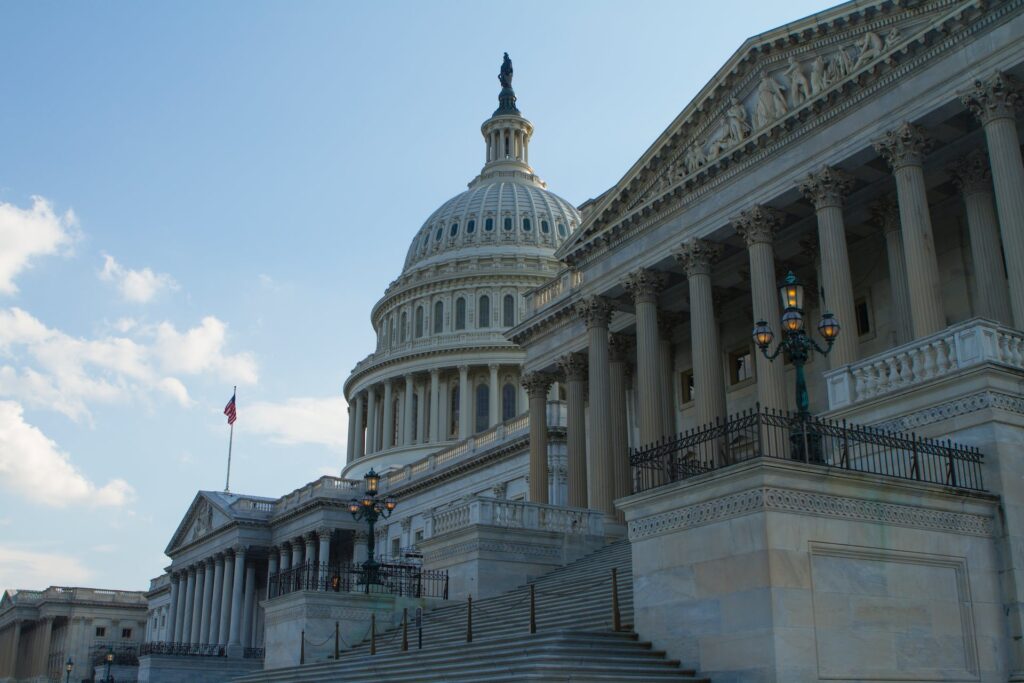It’s Patriots’ Day, and our very own Jennifer Bell is taking this whole marathon-not-a-sprint thing seriously by tackling the Boston Marathon again. In DC this week, the drone and missile attack on Israel from Iran will dominate floor activity even as Congress has a slew of hearings ahead of the April 22 break for Passover. So, let’s see what the week holds – welcome to the Week Ahead!
The Administration
The Iranian attack will have big implications for Washington – putting pressure on Congress to move on stalled foreign aid packages and on the Biden administration to stand with Israel as some progressive critics call for him to condition aid on efforts to prevent civilian casualties.
Everybody Wants to Rule the World…
What’s happening: On the health care front, the hospital lobby is criticizing the FY 2025 Inpatient Prospective Payment System Proposed Rule for not keeping up with inflation. The proposed rule came out just ahead of this week’s American Hospital Association Annual Meeting.
What’s on deck: While still under review at OMB, we are keeping our eyes peeled for the Medicaid access rule. We aren’t feeling the final versions of the laboratory-developed test rule or the minimum-staffing standards for long-term care rule coming out this week since OMB is still conducting stakeholder meetings.
The Senate
Senate Subcommittee Weighs in on HHS Budget
What’s happening: With the 2024 appropriations process now in the rearview mirror, the Senate Appropriations Committee will hold several budget-related hearings this week—including one with Health and Human Services Secretary Xavier Becerra. Sec. Becerra will be testifying on the President’s proposed FY2025 HHS budget before the Senate Labor, Health and Human Services Subcommittee on April 16.
Why it matters: This will be the 4th appearance by the Secretary on the budget, with one additional one later in the week in the House. Will the Secretary be pressed on the administration’s response to the cyberattack on Change Healthcare or funding related to the Medicare drug negotiations in the Inflation Reduction Act? Will he be checked out as rumors fly about his potential exit to run for governor of California? We are betting the Secretary will be fully engaged.
Another Impeachment Senate Hearings
What’s Happening: While leaders debate how to respond to the attacks on Israel, we doubt the Senate will have much appetite to take up impeachment articles against Homeland Security Secretary Alejandro Mayorkas. The House voted to impeach the Secretary in February, but they have yet to send the articles over to the Senate.
Senate Hearings
Other notable hearings this week include:
- April 16: Senate Aging Committee hearing on the Long-Term Care Workforce
- April 17: Senate HELP Primary Health and Retirement Security Subcommittee hearing on food as medicine
- April 17: Senate Armed Services Subcommittee on Personnel hearing on servicemembers’ access to safe, quality pharmaceuticals
- TBD: Last week, during a Senate Finance Health Subcommittee hearing on substance use disorder care in federal health care programs, Subcommittee Chair Ben Cardin (D-MD) said that Committee Chair Ron Wyden (D-OR) plans to have a full hearing on opioids and fentanyl
The House
Mike Gets a Win
What’s happening: Last week, the House of Representatives passed legislation to renew the Foreign Intelligence Surveillance Act (FISA) after opposition from some Republicans caused previous votes to fail.
Why it matters: Beyond the significance of the legislation itself, this vote shows (at least for now) that Speaker Mike Johnson (R-LA) can still get things through Congress. Before the weekend, the question was about whether he could maintain control of his caucus as he seeks to pass potential Ukraine aid legislation. Now, with the schedule to be dominated by yet-to-be-announced legislation regarding Israel, we expect threats to oust the Speaker will die down for a few days at least.
Jam-Packed Tuesday
What’s happening: The House is starting the week off hot with several health care-related hearings.
- April 16: House Energy and Commerce Health Subcommittee hearing on cybersecurity in the health care sector following the Change Healthcare attack
- April 16: House Education and Workforce HELP Subcommittee hearing on ERISA
- April 16: House Energy and Commerce Oversight and Investigations Subcommittee hearing on Medicare and Medicaid fraud
- April 16: House Veterans’ Affairs Health Subcommittee Markup of health care legislation
Why it Matters: Even though the House is spending a lot of floor time on issues than health care these days, health care legislation is still on the front burner in the committees.
Becerra Returns to the House
What’s happening: HHS Sec. Becerra is scheduled to testify before the House Energy and Commerce Health Subcommittee on April 17 about the FY25 HHS budget.
Does it matter? Even as Energy and Commerce gets its time with the Secretary, the bigger impact on the President’s budget proposal is arguably last week’s selection of Rep. Tom Cole (R-OK) as the new House Appropriations Chair.
House Energy & Commerce Subcommittee Considers Privacy Legislation
What’s happening: The House Energy and Commerce Innovation, Data, and Commerce Subcommittee is scheduled to consider several legislative proposals related to data privacy on Wednesday. Among the proposals to be considered is a draft of the American Privacy Rights Act, which includes provisions related to health care data.
Why it matters: This bill was introduced by House Energy and Commerce Chair Cathy McMorris-Rodgers (R-WA) and Senate Commerce Committee Chair Maria Cantwell (D-WA). That means this bill is bipartisan, bicameral, and has support from two committee chairs. These facts bolster chances for success. The question is, will that be enough to move this bill during an election year?
So, there you have it! Did you get your taxes in? Did you know 2 states celebrate Patriots’ Day? Reach out to us if you know the other one that is not Massachusetts. Here’s to a great week!





